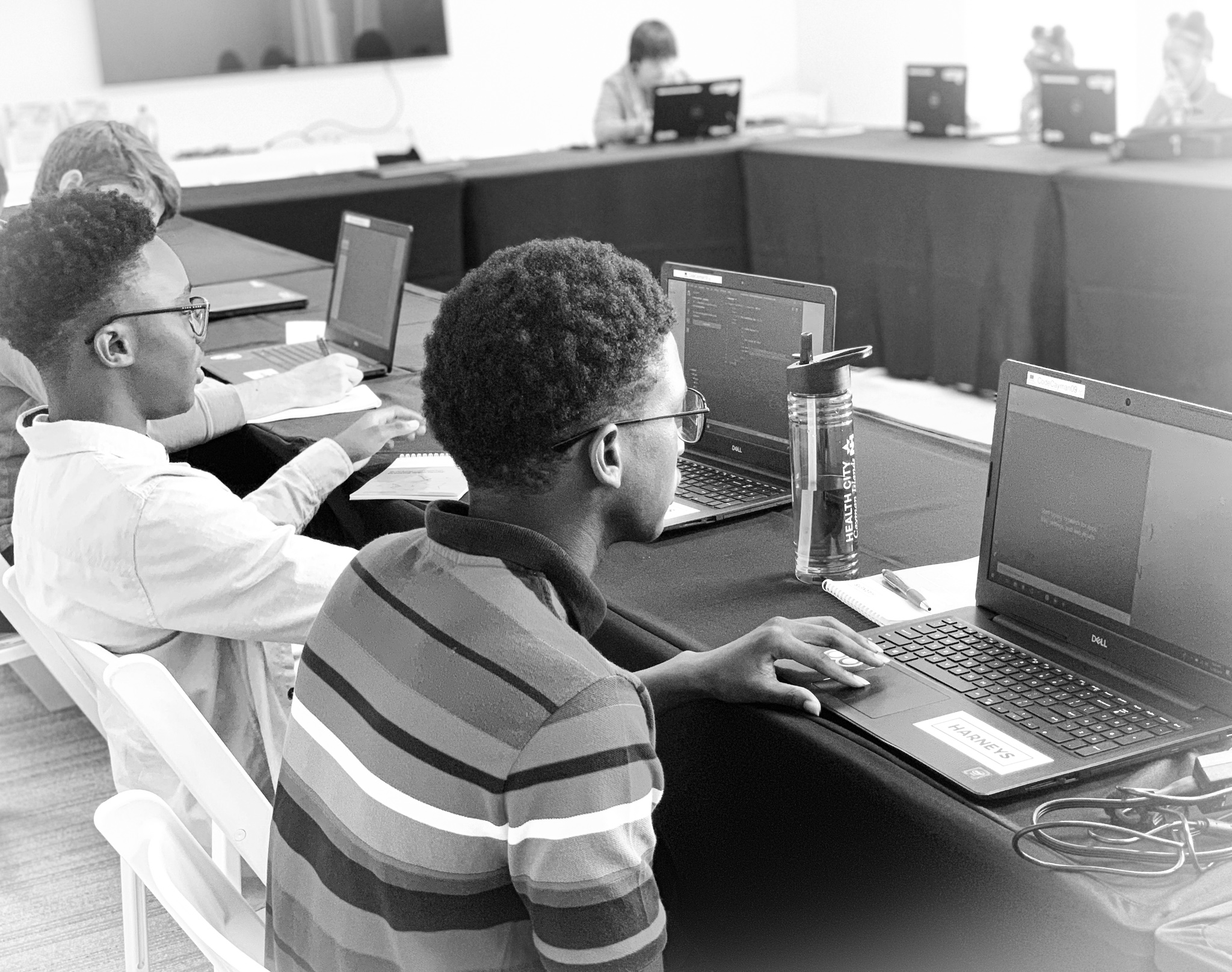
An open-minded and diverse population that readily shares information, encourages experimentation, accepts failure and dispenses with formality and hierarchy is what makes Silicon Valley the successful hub that it is.
– Vivek Wadhwa, American technology entrepreneur and academic.
INTRO
- Massive Open Online Courses (MOOC) are credentialed learning programs for industry specific specialized skill sets that are in high demand
- Terms used to describe these programs are: nanodegree, microcredentials, badges, specializations
- The internet provides access to a global economy and requires access to a global labour force
- There is a demand for continual learning in Cayman and MOOC allows people to acquire and maintain skills that are in high global demand
THESIS
- Cayman can leverage the MOOC platforms to build a highly specialized labour force that can provide multinational corporations and companies with no head quarters (eg. Coinbase, DuckDuckGo, GitLab) access to an offshore expert talent pool
- Establishes Cayman as a thought leader in tech with a high concentration of expertise
- Helps companies with a Cayman RO fulfil their economic substance requirement
- Apply pressure to local companies to accept nano-degrees as a recognized designation
- Low capital requirements with high potential for economic returns
QUALITATIVE
- Local market demand for continued learning opportunities is strong as evidenced by the popularity and growth of Code(Cayman)
- Local industry experts are willing to volunteer their time and expertise to support and provide learning opportunities to interested participants
- Local employers have not yet taken the time to assess how well MOOC content aligns with their required skills set, but global employers have and presents Cayman residents with an opportunity to expand their employment opportunities beyond locally domiciled companies.
- Everyone has access to quality and inclusive education, training and life-long learning opportunities through the internet but sometimes need some IRL connections, interactions and support
- The content of a nanodegree is not decided by a learning center, but by large multinationals, HR heads and market specialists.
- A single nano degree may not be an impressive qualification, however, it does demonstrate an individual’s commitment to expanding their skill set, therefore sends a positive signal to any hiring managers.
- Nanodegrees combined with open source project(s) on GitHub (or contributions to other projects) would definitely signal a candidate’s potential to scale into a role
QUANTITATIVE
- There are several large scaled MOOC platforms that have proven there is a global demand for these programs (eg. Khan Academy, Coursera, Udemy, Edx, Udacity etc…)
- Thousands of programs across these platforms with high quality content
- Millions of enrolled students across the globe
- The founder of Udacity claims that by 2020 there will be a worldwide shortfall of 85 million workers with the technological know-how that companies need; we are currently in the midst of this opportunity
- Since 2017, Coursera has paid $281M to 200 university and industry partners for top tier content focused on real time employer needs.
- By late 2020, 3.2M learners had bought an offering on Coursera
- Coursera and Udemy have a combined user base of 116 million learners with over 600 million program enrollments
RESEARCH REFERENCE LINKS
- https://www.ibm.com/blogs/watson/2018/08/preparing-for-ai-jobs-why-nanodegrees-are-the-future-of-education/
- https://www.iberdrola.com/talent/nanodegrees-personalized-learning
- https://www.classcentral.com/report/coursera-s1-analysis/
- https://www.classcentral.com/report/udemy-vs-coursera/
- https://news.ycombinator.com/item?id=19749717
- https://ec.europa.eu/education/news/digital-education-hackathon-winners-2019_en
- https://ec.europa.eu/education/education-in-the-eu/digital-education-action-plan_en
- https://home.eadtu.eu
- https://home.eadtu.eu/images/Results/HOME_Policy_Summit_Brussels_2016/Governmental_policies_on_MOOCs.pdf